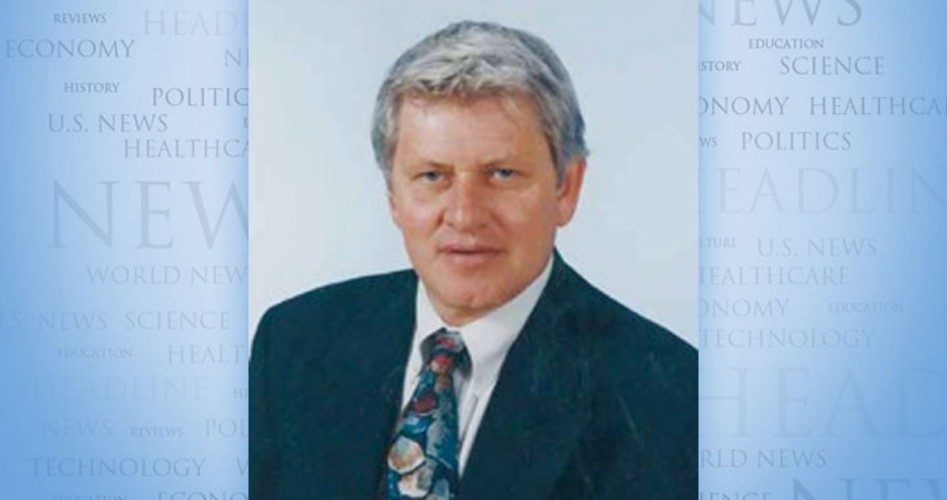
A “nation of economic illiterates” is “easily misled by leaders who tell us of their good intentions — their passion to solve our problems.”
In their book Common Sense Economics, the above statement is a candid warning by James Gwartney, Richard Stroup, Dwight Lee, and Tawni Ferrarini, university teachers specializing in economics and public policy.
Continue Gwartney et al, on the question of intentions versus performance: “One of the twentieth century’s greatest economists, Milton Friedman, once stated, ‘There’s nothing that does so much harm as good intentions.’ This was his way of saying that policies should be evaluated on the basis of their effectiveness, not the intentions of their proponents.”
In East Germany and Cuba during the Cold War, the stated intention of the collectivist leadership was the creation of social orders that were more fair and equal. Instead, the enforcement by ruling cliques of an overabundance of restrictions on individual freedom and personal autonomy produced societies that were less free, less wealthy and more unequal — systems where the distribution of power, both political and financial, was increasingly concentrated at the top of political establishments that became progressively more repressive politically and more ineffective economically.
Closer to home, the gap between intentions and effectiveness was demonstrated in a 2008 presidential debate during an exchange between candidate Barack Obama and ABC News debate moderator Charlie Gibson regarding Obama’s proposal to nearly double the capital gains tax.
Gibson pointed to changes in government revenues when capital gains taxes were changed:
“In each instance, when the rate dropped, revenues from the tax increased; the government took in more money. And in the 1980s, when the tax was increased to 28 percent, the revenues went down. So why raise it at all, especially given the fact that 100 million people in this country own stock and would be affected?”
Obama: “Well, Charlie, what I’ve said is that I would look at raising the capital gains tax for purposes of fairness…. What I also want to make sure is that our tax system is fair and that we are able to finance health care for Americans who currently don’t have it and that we’re able to invest in our infrastructure and invest in our schools. And you can’t do that for free.”
Gibson: “But history shows that when you drop the capital gains tax, the revenues go up.”
Obama: “Well, that might happen, or it might not.”
Well, what’s likely to happen, based on past experience, is that a hike in the tax will produce less money for the government’s coffers — less revenue for health care, infrastructure and schools.
In Common Sense Economics, Gwartney et al, state the following point regarding intentions and consequences — regarding “fairness” and the politics of redistribution: “You live in a neighborhood where there are 10 families and where there is uneven income. One family has an annual income of $40,000, and another family, $200,000. Several progressive/liberal neighbors organize a neighborhood gathering, and six families vote to force the $200,000 income family to give $20,000 a year to the lowest-income family, $10,000 to the next lowest, and $5,000 to the next two families. The high-income family refuses to pay and the neighborhood committee members get their guns to insure justice is done. Do you think the high-income family will move? Will they get guns? Will they bribe some of the neighbors to change their vote? Do you want to live in this neighborhood?”
Ralph R. Reiland is an associate professor of economics and the B. Kenneth Simon professor of free enterprise at Robert Morris University in Pittsburgh.

